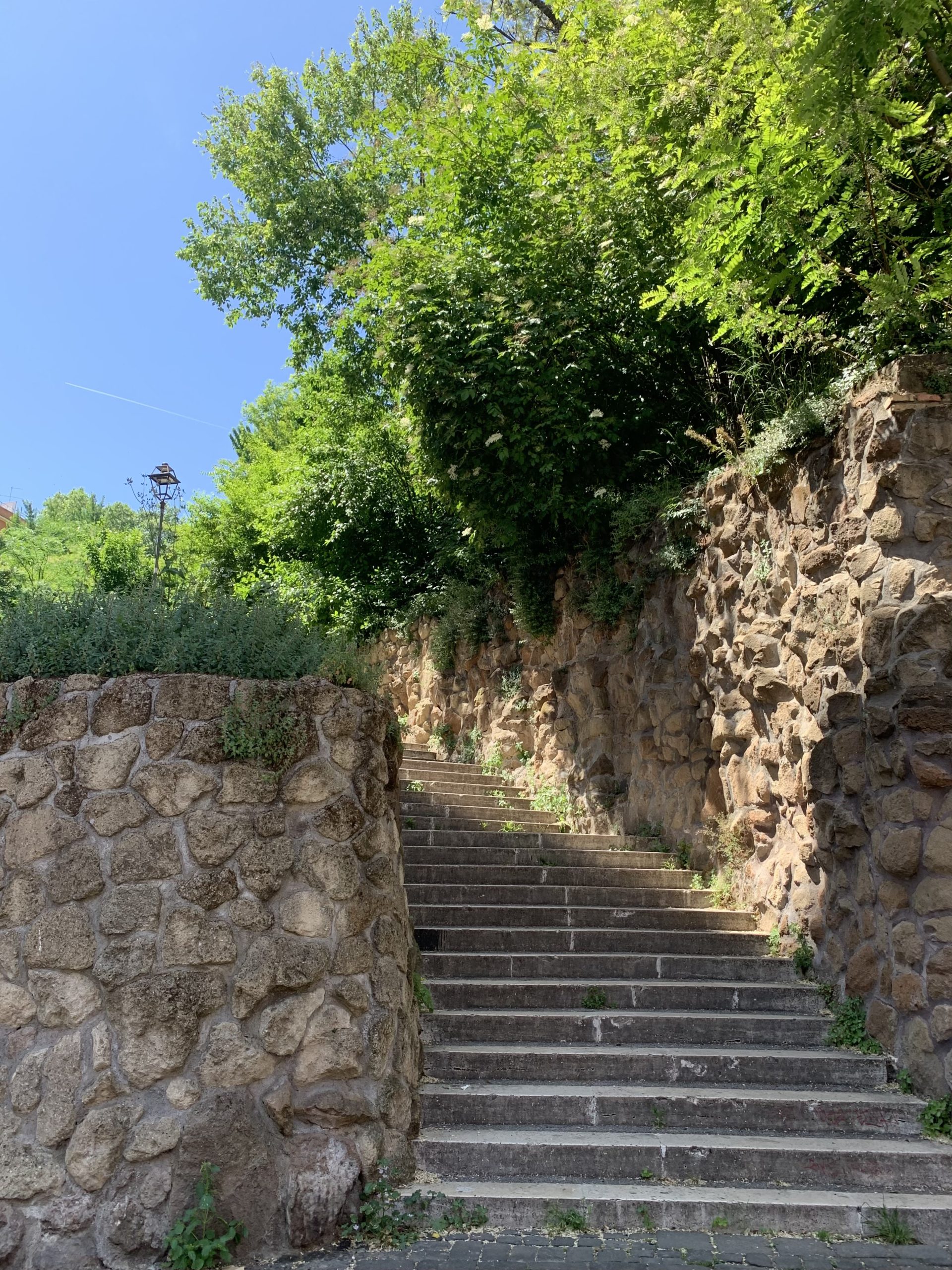Letter to the Editor: Reflection on Indigenous Rhetoric
Submitted by TWRT 388 Writing for Social Change The Ledger
Dear Editor-in-Chief,
This spring a group of 23 students in Dr. Cassie Miura’s TWRT 388: Writing for Social Change course completed a short unit on Indigenous Rhetorics which was developed as part of UWT’s inaugural Indigenizing Pedagogy Institute directed by Dr. Robin Starr Zape-tah-hol-ah Minthorn. Student groups researched land and language reclamation, two-spirit people, and embodied rhetorics such as fasting, protests, and flash mobs. We are writing to share our collective reflections about what we have learned, what we have unlearned, and what we would like to learn and do more about.

Learning and Unlearning
- I learned that history about indigenous people is intentionally erased. The renaming of lakes erased their significance and culture as well as their presence on their own land. What I have unlearned is that each tribe is not the same. Each one embodies a different cultural significance and faces their own challenges. I’d like to learn more about what we can do as a community to actually help the indigenous communities that we live among. – Leslie
- I personally learned more about embodied rhetoric and how it is used to promote social change. I’ve definitely become more willing to participate in embodied rhetoric now after learning more about the specifics that go into it. As far as what I’ve unlearned, I think I’ve grown to be more comfortable with the idea of embodied rhetoric; after all, that is the whole purpose. -Celia
- I have learned that the lens by which we look at things needs to shift, I can never know what it is actually like to be in the type of situation the indigenous were and are in.
- I have unlearned my colonial perspective of land and that it means a lot more than the resources within or on it. -Scott
- I want to learn more about the value of native peoples lands in America and how to provide more land and resources to the tribes with limited land and resources. – Max
- My favorite example of embodied rhetoric is the flashmob in the mall at Redding, California- Trinity.U.
- That these communities have more history than what people teach in public schools- Alex
- I unlearned peaceful protests are the only ways to make social changes and fight back.
- I learned about the Puyallup tribe in much more detail through these presentations. A great way to learn about why the language, Lushootseed, needs to be reclaimed is by watching the Cushman Boarding School Project by the Puyallup Tribe.
- I learned about what embodied rhetorics are and how they can be utilized to create awareness about pressing issues and call for action. – Frank
- I unlearned that National Parks were just empty land. They were home to multitudes of Native American tribes and communities. – Frank
- I learned that transcribing language is important for future generations to be able to learn/study it.
- Some new information I learned is how the trade/purchase/lease happened between settlers and natives. There was information about the misunderstanding of what the deal was, and some deals were not fair.
- I’d like to know more about how land reclamation works. Would renaming and relocating lands be more symbolic, or would entire national parks (like Glacier National Park, as was discussed in class) be given back to native people?
- I learned that land acknowledgements are not as impactful as they should be. If we acknowledge that we are stealing native people’s land, then why don’t we just give it back to them instead of keeping what is not ours in the first place?
- The thing that I unlearned is the fact that two-spirit people is not just a term for people who identify themselves as both male and female, it’s also for people who have combined traits of male and female or none.
- Flash mobs are actually effective, I was taught that these types of embodied rhetoric never work and were just for attention but in reality, they work pretty well. I want to learn more about traditional dance. -Alex
- I learned that in many land deals, indigenous tribes thought of the deal as a lease rather than a permanent sale. This led to many tribes such as the Blackfeet, Seminole, and Miwok tribes’ boundaries getting pushed back and they were not allowed back to the places they once used to hunt, gather and worship.
- I unlearned the fact that I own the land that I live on, that my house doesn’t belong to me, or my parents. The house I live in belongs to the indigenous peoples’ that roamed this part of the country, along with everything else in the city. We need to pay our dues.
- I would like to learn more about the specific tribe that I grew up with in Ferndale. Lummi Nation is a tribe north of here, and I had a lot of friends who lived on the reservation. I would like to know more about their teachings, their culture and their overall history and compare it to other tribes I learned about in class.
- I would love to learn more about the language, Lushootseed, and look more into the resources that different tribes provide to learn more about this language.
- I learned how hard it is for the Indigenous tribes in our country to be heard and how involved the Federal government is in the whole process— particularly with land reclamation — even IF the name of Mt. Rainier is proposed to change, the Bureau of Land Management and Congress have the final say.
- I would like to know more about Two Spirit People… Particularly which tribes recognize two spirit people and which don’t.

Action:
- UW can definitely afford to pay real rent- Seattle campus, I’m looking at you! – Alicia, Malina
- No kidding! I love that idea. Like, if we are going to really acknowledge the land, let’s REALLY acknowledge the land. I would be proud to be attending a school that did something like that – Brian Rolstad
- I third that sentiment. Every public University should be paying rent.-Scott
- EVERY professor should include a Land Acknowledgement at the beginning of every quarter and in the syllabus. Additionally, A Land Acknowledgement could be done at the beginning of every event and posted publicly for display. – Ellen
- UW Tacoma budget should be redirected in ways beyond student fees to support Native American communities such as hiring more faculty and staff representing various tribes and scholarships for Native American students. – Ellen
- We should have community signs around UWT acknowledging the Puyallup Tribe in English and Lushootseed- Trinity U.

[Two Ledger staff members are enrolled in the class that authored this letter.]


